Nobody’s perfect. We’re all human, and mistakes are an inevitable part of life (though some might rack up a few more than others!). Regardless of whether you believe in an objective moral code or view societal norms as a product of culture, certain actions undeniably toe the line of what’s acceptable, sitting squarely in a moral gray area.
These are the kinds of behaviors that people often fear being judged for, ones they’d never confess to publicly—unless they had the shield of anonymity. Interestingly, many of these confessions reveal deeper social issues, reflecting how factors like inequality, cultural expectations, or systemic challenges can shape people’s moral choices.
For instance, some morally questionable actions, such as theft or bending the truth, are often rooted in economic disparities. According to the World Bank, nearly 10% of the global population lives on less than $2.15 a day, forcing many to make survival-driven decisions that might conflict with societal norms. Similarly, workplace confessions about dishonesty or cutting corners often highlight issues like burnout or exploitation in high-stress environments, where people feel undervalued or overworked.
Cultural and societal expectations also play a significant role. Social norms around relationships, gender roles, or success often push individuals to act in ways that conflict with their personal ethics. For example, lying to fit into a group or manipulating situations for personal gain may stem from the pressure to conform or compete in an increasingly judgmental world.
Facts about human behavior also shed light on why people engage in morally gray actions. Studies have shown that anonymity can reduce social inhibitions, making individuals more likely to act in ways they wouldn’t in public. This phenomenon, called the online disinhibition effect, helps explain why platforms like Reddit have become spaces where people feel free to share their deepest secrets and moral dilemmas.
Ultimately, these anonymous confessions expose the interplay between personal choices and broader societal issues. They highlight the reality that morality isn’t just about individual decisions—it’s also shaped by the systems, pressures, and inequalities we face every day. Exploring these stories challenges us to think critically about what drives our own behavior and how we navigate the social issues that influence our lives.





































GIPHY App Key not set. Please check settings